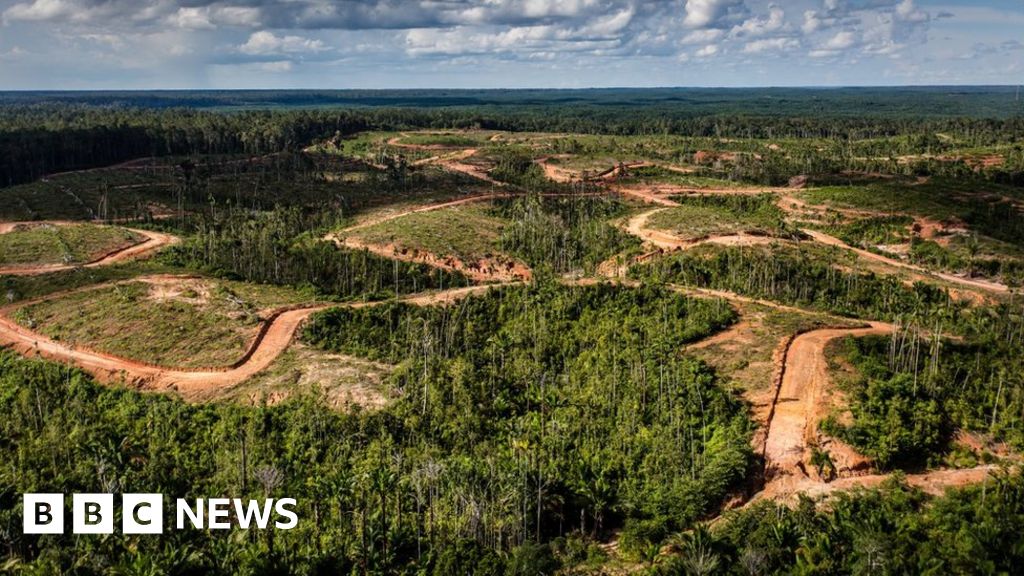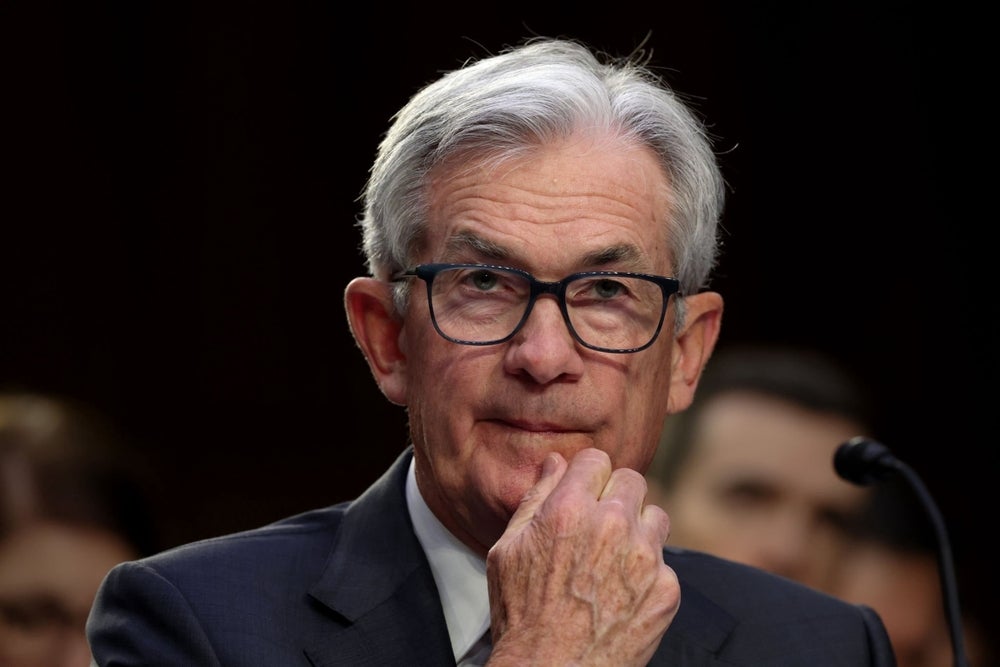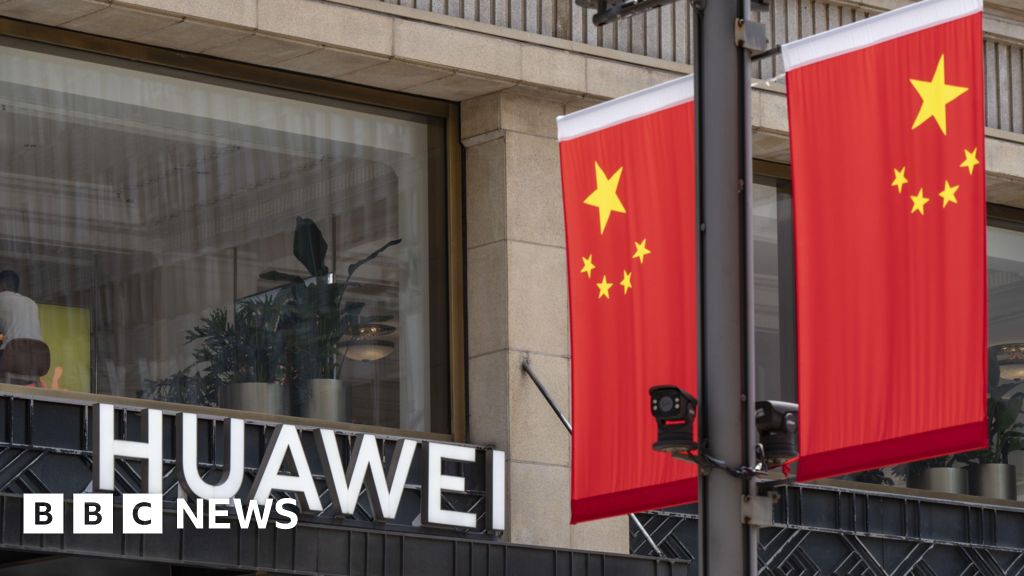In the aftermath of a BBC investigation, a Korean palm oil behemoth has been rejected by the world’s premier green certification authority. The BBC has previously discovered proof that the Korindo gang was buying up significant swaths of Asia’s last remaining rainforests in Indonesia’s Papua state. A visual examination revealed that fires had been deliberately set in these forests, a clear violation of the Forest Stewardship Council (FSC). The FSC’s tree logo, which can be found on paper products all over the UK and Europe, is intended to inform consumers that the product has been sourced from ethical and sustainable companies. The FSC stated it would not remove Korindo but would work with the Korean company to address social and environmental issues at the time of the BBC’s investigation late last year. The relationship has now “become untenable,” according to the green body, and Korindo’s trademark rights with FSC will be terminated in October. “We were unable to verify improvements in Korindo’s social and environmental performance,” Kim Carstensen, FSC international director general, said in a statement. He added that the decision will “provide us clarity and a breath of fresh air as Korindo continues its efforts to improve.” After legal threats from Korindo, a 2018 report by the FSC into the allegations against the company was never published, but the BBC obtained a copy.The report found “evidence beyond reasonable doubt” that Korindo’s palm oil operation destroyed 30,000 hectares of forest inside its government-granted concessions – an area the size of Chicago or Seoul. The Indonesian parliament launched an investigation into Korindo’s conduct after the BBC’s investigation last year, though the findings have not been made public.image copyrightMighty earthThe Korindo group strongly denies starting any fires or being involved in any human rights violations, claiming that it follows the law. They also claimed to have compensated tribes fairly. The world’s greatest exporter of palm oil, which can be found in everything from shampoo to cookies, is Indonesia, and Papua is the country’s newest frontier. The vast forests of Papua’s remote province had remained relatively unspoiled until recently, but the government has quickly opened the area up to investors, promising to bring prosperity to one of the country’s poorest districts. Huge swaths of woodland have been razed to make room for rows upon rows of oil palm palms. According to estimates from Gapki, Indonesia’s palm oil organisation, the country’s palm oil exports were valued almost $19 billion (£14 billion) last year./n
Read MoreKorindo: Korean palm oil giant stripped of sustainability status
2021-07-15T02:14:26-04:00July 15th, 2021|





